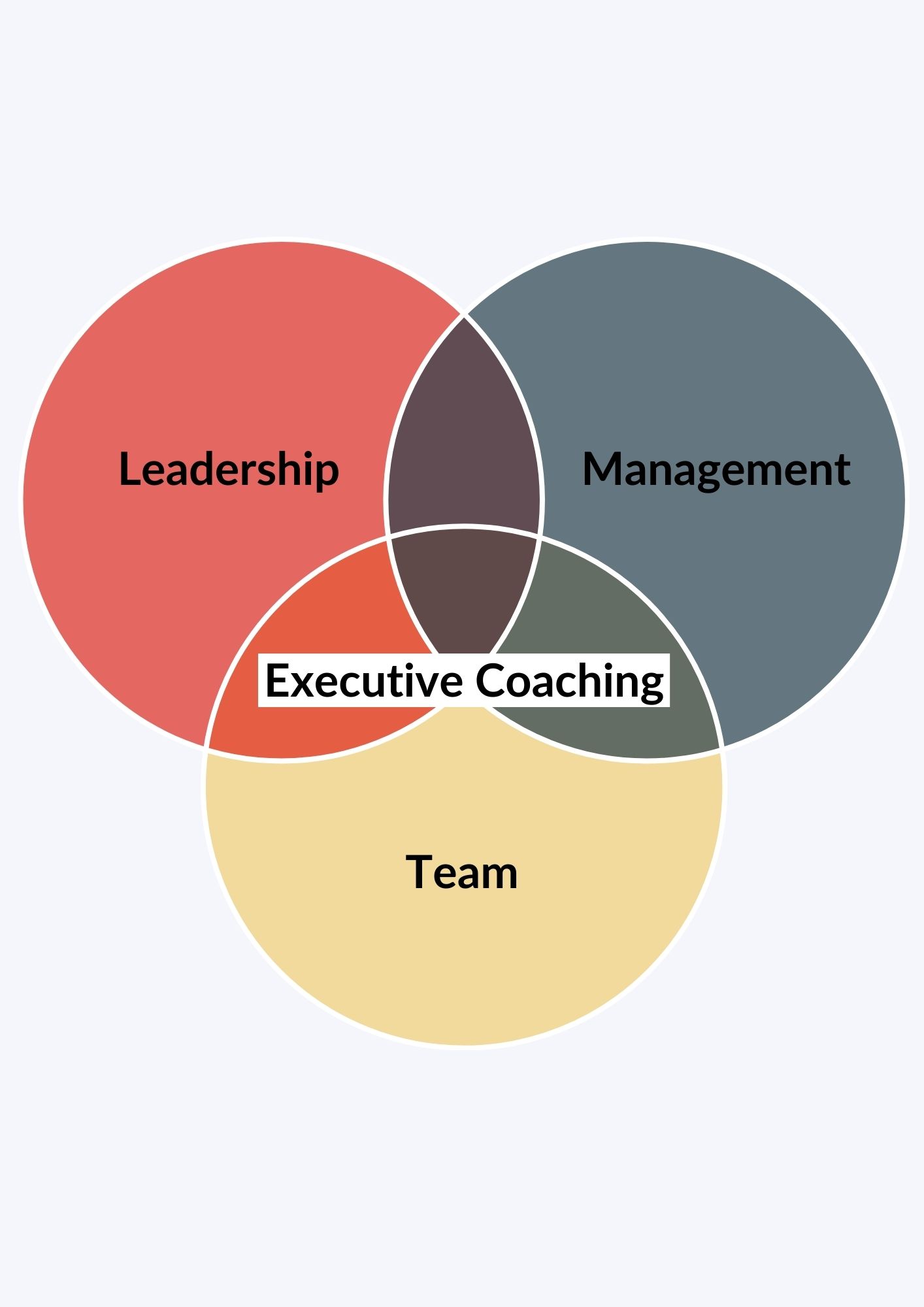Helping You Achieve Success
LEADERSHIP AND TEAM MANAGEMENT
Who Can Benefit from Leadership and Team Management Coaching?
New Managers: Individuals transitioning into leadership roles who need guidance and support to develop their management skills.
Experienced Leaders: Seasoned leaders looking to refine their skills, address specific challenges, or prepare for higher-level responsibilities.
Teams: Workgroups that need to improve collaboration, efficiency, and performance under the guidance of a skilled leader.
Organizations: Companies aiming to develop their leadership pipeline, foster a culture of continuous improvement, and achieve strategic goals.
Benefits of Leadership and Team Management Coaching
Enhanced Self-Awareness
Leaders gain a deeper understanding of their strengths and weaknesses, allowing for targeted improvement.
Improved Leadership Skill
Focused development of key skills such as communication, decision-making, and emotional intelligence.
Better Team Performance
Effective management techniques lead to higher team productivity, collaboration, and morale.

Strategic Vision
Leaders learn to set and communicate a clear vision, driving their teams toward long-term goals.
Increased Confidence
Leaders and team members become more confident in their abilities, making them more effective in their roles.
Sustainable Growth
Enhanced leadership and management skills contribute to the long-term success and sustainability of the organization
Key Components
Personalized Assessment and Goal Setting
Coaching begins with a thorough assessment of the leader’s current skills, strengths, and areas for improvement. This includes self-assessment tools, 360-degree feedback, and one-on-one discussions. Based on this assessment, specific, measurable, achievable, relevant, and time-bound (SMART) goals are set to guide the coaching process.
Developing Your Core Leadership Skills
Effective leadership requires a set of core skills that can be developed and refined through coaching. These include:
- Communication: Enhancing verbal and non-verbal communication skills to articulate vision, provide clear instructions, and offer constructive feedback.
- Decision-Making: Improving the ability to make informed, timely, and effective decisions by analyzing data, weighing options, and considering the impact on the team.
- Emotional Intelligence: Cultivating self-awareness, self-regulation, empathy, and social skills to build strong relationships and manage team dynamics.
Enhancing Team Management Techniques
Managing a team effectively involves coordinating tasks, managing resources, and fostering a collaborative environment. Coaching focuses on:
- Delegation: Learning to assign tasks based on team members’ strengths and capabilities, while providing the necessary support and oversight.
- Conflict Resolution: Developing strategies to address and resolve conflicts constructively, maintaining a positive and productive team environment.
- Motivation and Engagement: Finding ways to motivate team members, recognizing their achievements, and keeping them engaged and committed to their work.
STRATEGIC PLANNING AND VISION DEVELOPMENT
Leaders need to set a clear vision and develop strategies to achieve organizational goals. Coaching helps leaders:
- Vision Setting: Articulate a compelling vision that inspires and guides the team.
- Strategic Goal Setting: Break down the vision into actionable goals, creating a roadmap for the team to follow.
- Change Management: Prepare and support the team through organizational changes, ensuring smooth transitions and minimizing resistance.
BUILDING TRUST AND ACCOUNTABILITY
Trust and accountability are critical for effective team management. Coaching focuses on:
- Building Trust: Developing consistency, integrity, and open communication to build trust within the team.
Establishing Accountability: Setting clear expectations, monitoring performance, and holding team members accountable for their responsibilities.
STAKEHOLDERS RELATIONSHIP MANAGEMENT
Understanding Stakeholder
- Identifying key stakeholders and their roles
- Mapping stakeholders’ interests and influences
- Building awareness of stakeholders’ expectations and needs
Relationship Building
- Creating trust and credibility with stakeholders
- Fostering positive and collaborative relationships
- Maintaining transparency and honesty in interactions
Performance and Accountability
- Defining metrics for success in stakeholder relationships
- Tracking and reporting on performance outcomes
- Holding the team accountable for stakeholder commitments
Conflict Resolution
- Identifying potential sources of conflict with stakeholders
- Implementing strategies for proactive conflict management
- Mediating and resolving conflicts constructively
Stakeholder Engagement
- Involving stakeholders in decision-making processes
- Gathering and incorporating stakeholder input and feedback
- Creating opportunities for stakeholders to contribute and feel valued
Managing Expectations
- Setting realistic and clear expectations with stakeholders
- Communicating progress and setbacks effectively
- Aligning project goals with stakeholders’ priorities
Negotiation Skills
- Preparing for and conducting negotiations with stakeholders
- Finding mutually beneficial solutions
- Handling difficult conversations diplomatically
Cultural Sensitivity
- Recognizing and respecting cultural differences among stakeholders
- Adapting communication and interaction styles accordingly
- Promoting inclusivity and diversity in stakeholder relations
Feedback Mechanisms
- Establishing processes for regular stakeholder feedback
- Acting on feedback to improve stakeholder satisfaction
- Creating a culture of continuous improvement based on stakeholder insights
